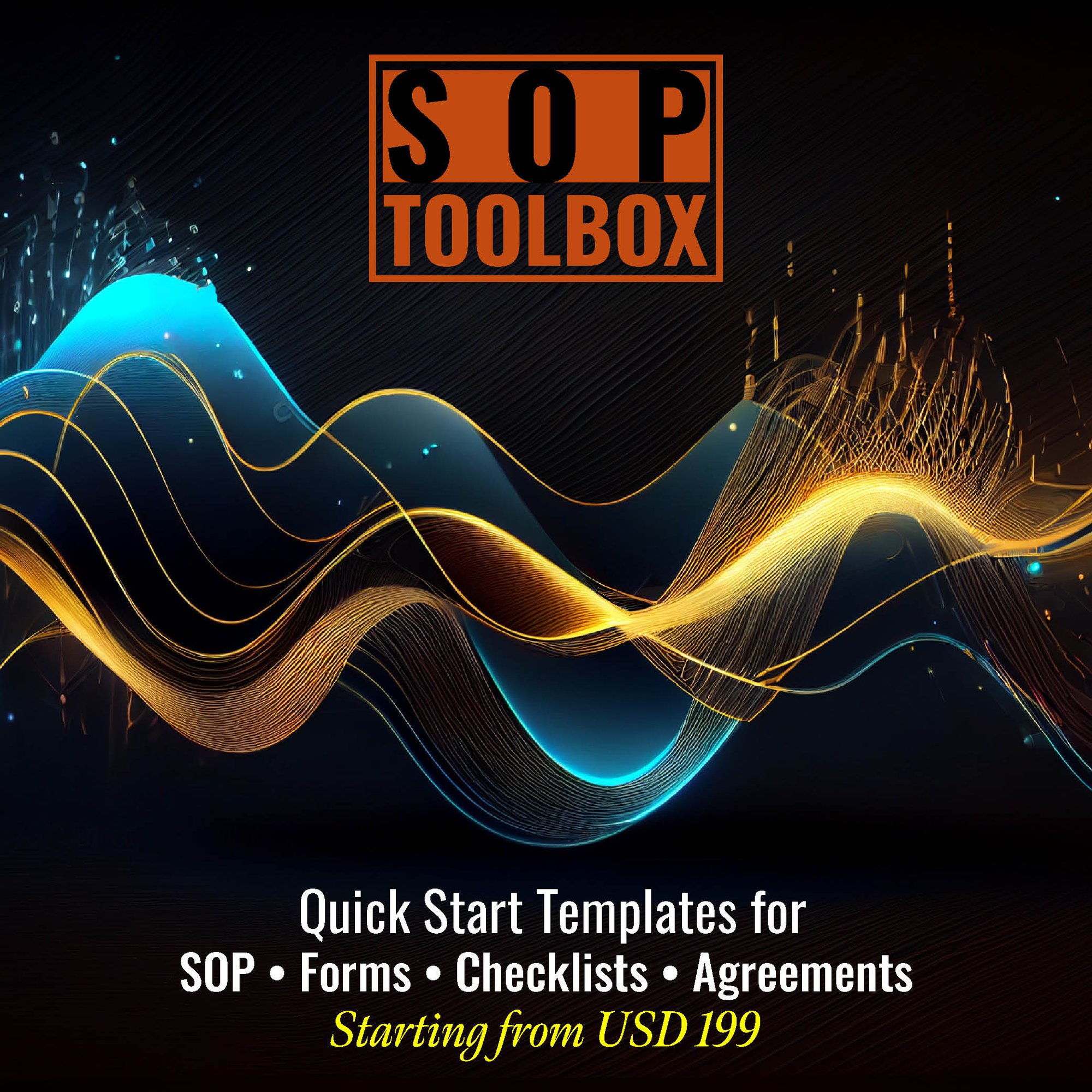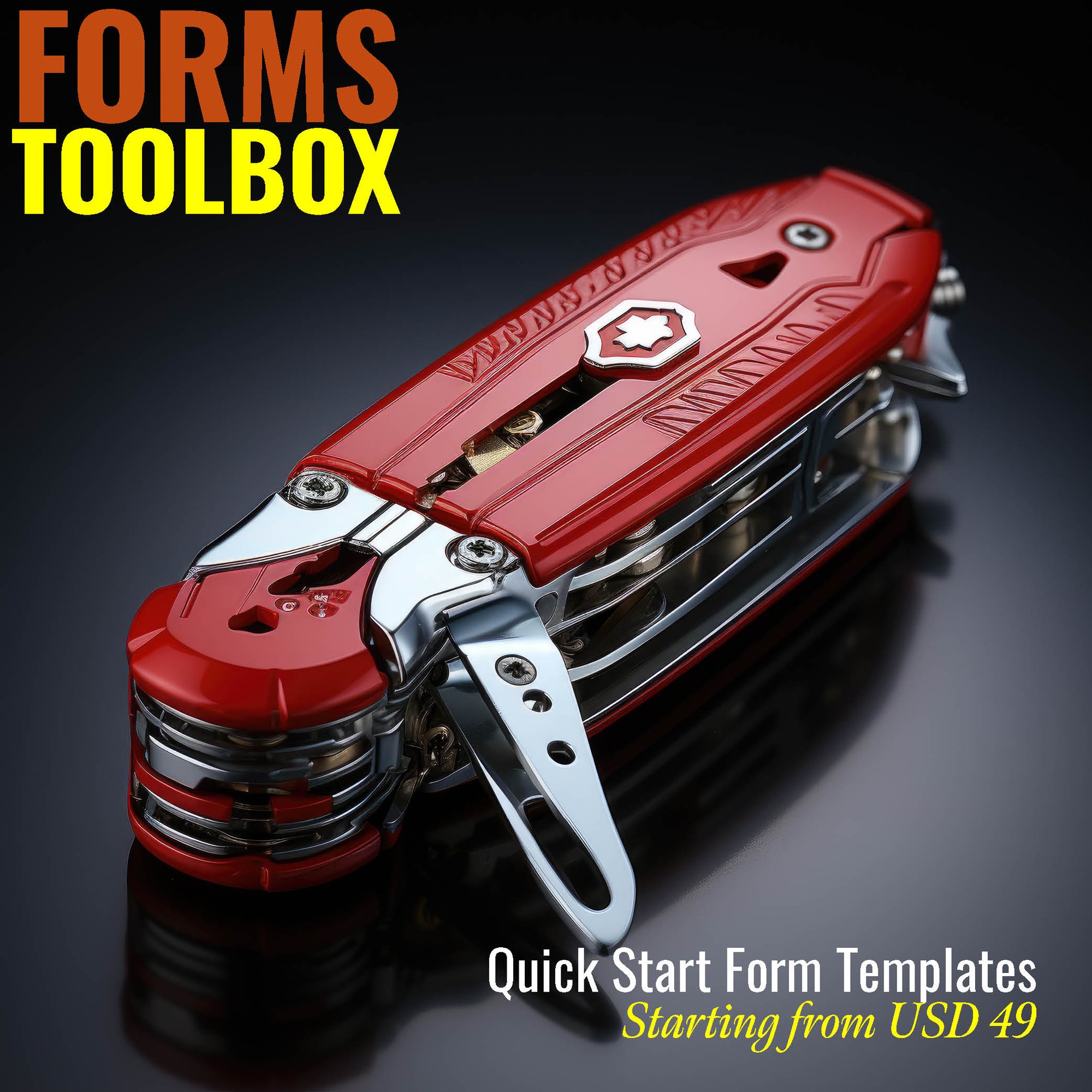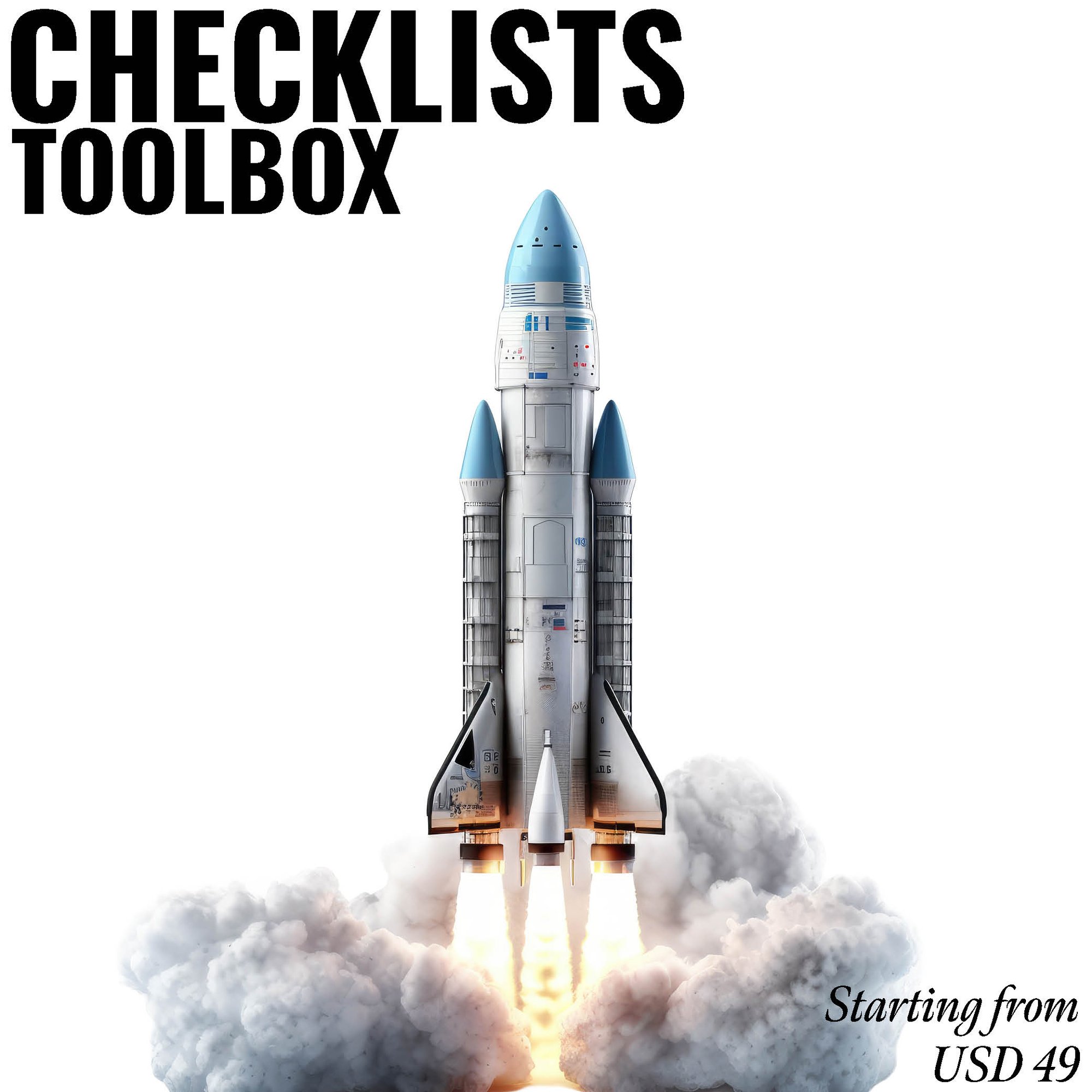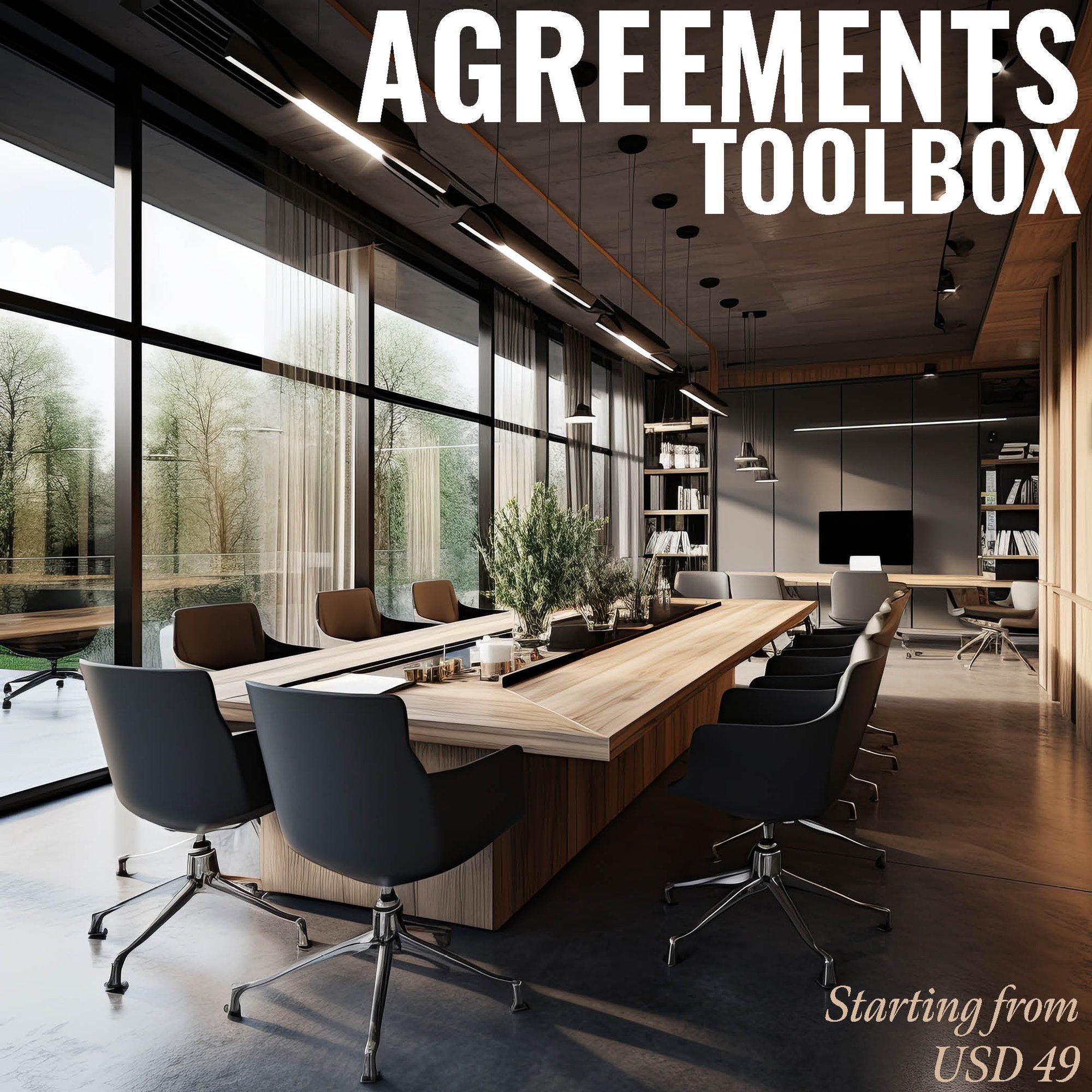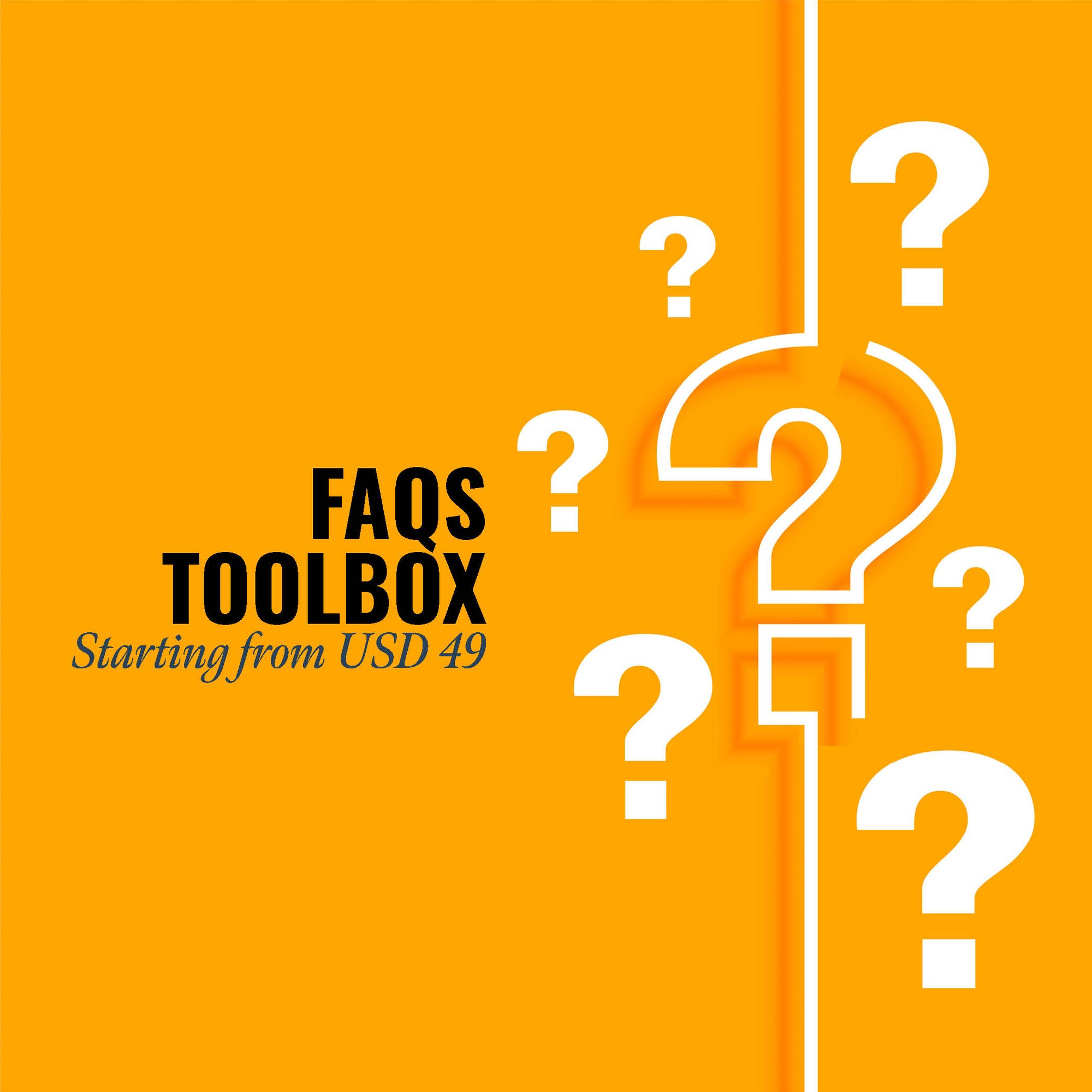Agreements form the backbone of efficient and reliable Commuter Rail Systems, encompassing a wide range of contracts that govern various aspects of operations, maintenance, safety, and passenger services. One of the foundational agreements is the Service Level Agreement (SLA) between the rail operator and relevant stakeholders. This agreement outlines performance standards, service levels, scheduling commitments, and quality benchmarks, ensuring that commuters receive timely, safe, and comfortable transportation services.Maintenance Agreements are crucial for the upkeep of rail infrastructure, rolling stock, signaling systems, and other critical components. These agreements define maintenance schedules, inspection protocols, repair procedures, spare parts procurement, and service provider responsibilities, minimizing downtime, ensuring operational readiness, and enhancing system reliability.Safety Agreements are paramount in the commuter rail sector, addressing safety protocols, emergency response plans, risk management strategies, regulatory compliance, and employee training requirements. These agreements prioritize passenger safety, accident prevention, incident management, and adherence to industry best practices and standards.Additionally, Vendor Agreements with suppliers of equipment, technology solutions, maintenance services, and operational support play a vital role in maintaining seamless operations and service delivery. These agreements cover aspects such as equipment procurement, warranties, technical support, performance guarantees, and supply chain management, ensuring the availability of reliable resources for commuter rail services. Moreover, Passenger Service Agreements focus on customer experience, ticketing systems, accessibility, amenities, communication channels, and passenger rights. These agreements aim to improve passenger satisfaction, convenience, information accessibility, and overall service quality, fostering positive relationships with commuters and promoting ridership growth. In summary, agreements are instrumental in ensuring the smooth functioning, safety, reliability, and customer satisfaction of Commuter Rail Systems. These agreements establish clear expectations, allocate responsibilities, mitigate risks, and drive continuous improvement in the commuter rail industry.
List of Top 50 Agreements for Commuter Rail Systems,
1. AGT-280-001 Service Level Agreement (SLA)
2. AGT-280-002 Maintenance Agreement
3. AGT-280-003 Safety Agreement
4. AGT-280-004 Vendor Agreement
5. AGT-280-005 Passenger Service Agreement
6. AGT-280-006 Equipment Lease Agreement
7. AGT-280-007 Infrastructure Agreement
8. AGT-280-008 Technology Agreement
9. AGT-280-009 Operations Agreement
10. AGT-280-010 Regulatory Compliance Agreement
11. AGT-280-011 Emergency Response Agreement
12. AGT-280-012 Risk Management Agreement
13. AGT-280-013 Training Agreement
14. AGT-280-014 Security Agreement
15. AGT-280-015 Accessibility Agreement
16. AGT-280-016 Ticketing Agreement
17. AGT-280-017 Communication Agreement
18. AGT-280-018 Passenger Rights Agreement
19. AGT-280-019 Incident Management Agreement
20. AGT-280-020 Environmental Agreement
21. AGT-280-021 Contract Management Agreement
22. AGT-280-022 Procurement Agreement
23. AGT-280-023 Financial Agreement
24. AGT-280-024 Insurance Agreement
25. AGT-280-025 Legal Agreement
26. AGT-280-026 Service Provider Agreement
27. AGT-280-027 Quality Assurance Agreement
28. AGT-280-028 Performance Agreement
29. AGT-280-029 Dispute Resolution Agreement
30. AGT-280-030 Network Agreement
31. AGT-280-031 Integration Agreement
32. AGT-280-032 Marketing Agreement
33. AGT-280-033 Revenue Sharing Agreement
34. AGT-280-034 Data Sharing Agreement
35. AGT-280-035 Collaboration Agreement
36. AGT-280-036 Partnership Agreement
37. AGT-280-037 Fleet Management Agreement
38. AGT-280-038 Communications Network Agreement
39. AGT-280-039 Equipment Maintenance Agreement
40. AGT-280-040 Service Agreement
41. AGT-280-041 Performance Metrics Agreement
42. AGT-280-042 Crisis Management Agreement
43. AGT-280-043 Asset Management Agreement
44. AGT-280-044 Expansion Agreement
45. AGT-280-045 Concession Agreement
46. AGT-280-046 Financial Management Agreement
47. AGT-280-047 Energy Management Agreement
48. AGT-280-048 Procurement Management Agreement
49. AGT-280-049 Compliance Monitoring Agreement
50. AGT-280-050 Innovation Agreement







